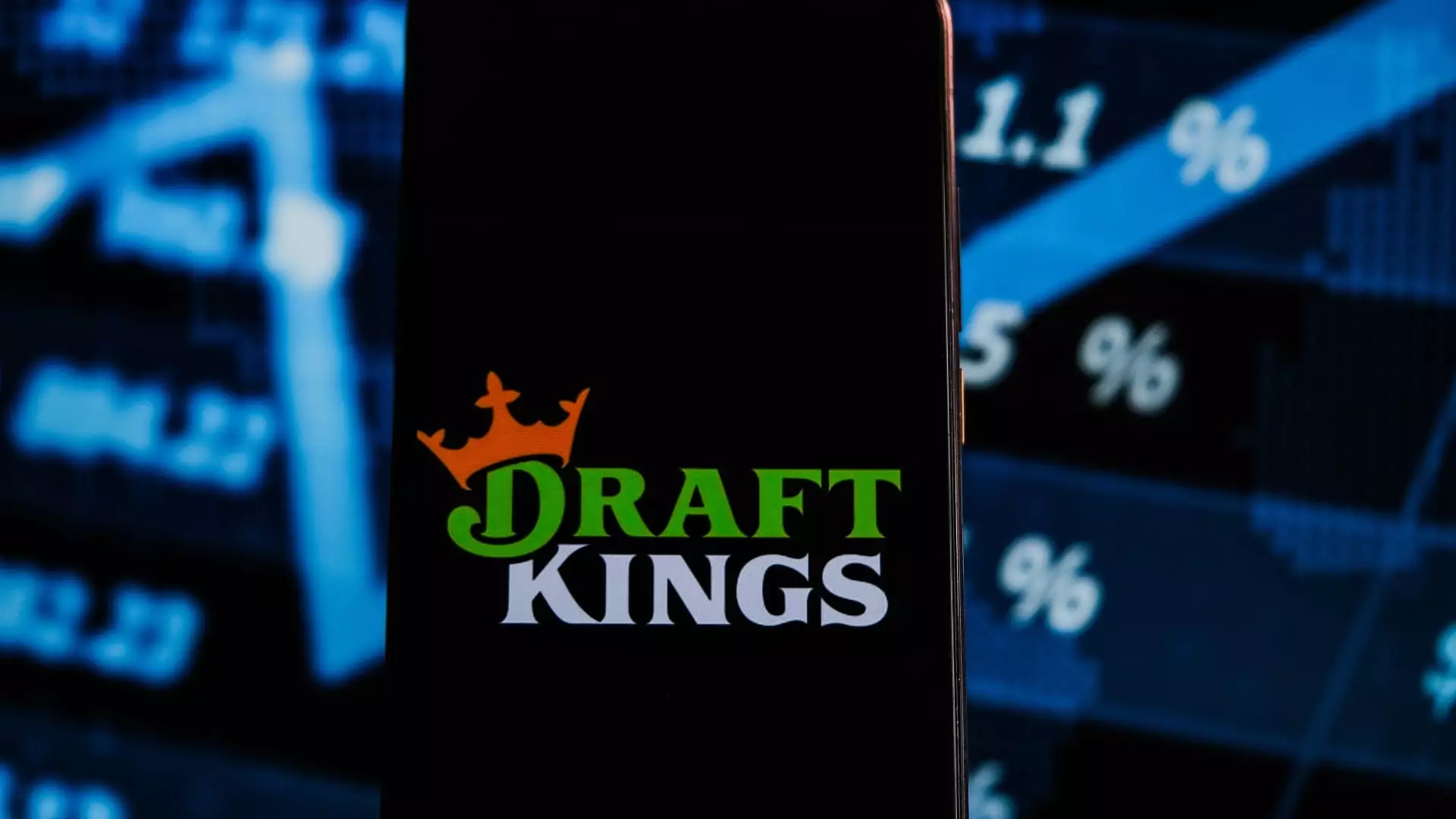In a move that has sent shockwaves through the online sports betting landscape, Illinois lawmakers have proposed a new tax structure that escalates existing burdens on wagers. Effective immediately, the tax will rise to 25 cents per wager on the first 20 million bets, doubling to 50 cents thereafter. This decision invites skepticism, not just from investors but also from the sports betting community as a whole. The reaction among major companies was swift; DraftKings plummeted over 6%, while Flutter Entertainment saw a decline of more than 2%. Such stock market responses are not merely knee-jerk reactions; they represent a genuine unease regarding the viability of future profit margins amid escalating taxes.
A Precedent that Risks a Domino Effect
The unexpected nature of this tax hike—designated as a “last-minute surprise” by Truist analyst Barry Jonas—raises an essential question for investors: Should we brace for a domino effect? If Illinois raises the stakes, will other financially strained states follow suit, seeking similar remedies for their budget deficits? The rationale for such tax increases could become a tempting solution for other governors looking to bolster state revenues. History has already shown that once one state sets a precedent, others can quickly jump on the bandwagon, further complicating the financial landscape for sports betting companies.
The Impact on Major Players vs. Smaller Competitors
While major players like DraftKings and Flutter can absorb such costs initially, analysts believe the consequences for smaller competitors could be far more debilitating. The ability for larger companies to easily scale past 20 million wagers means they will inevitably fall into the category that incurs the new tax. The one-size-fits-all approach of this tax structure fails to recognize that not all companies are built to weather these increasing financial storms. As such, the policy risks marginalizing smaller, innovative firms in an industry that thrives on diversity and competition.
Investors Left in Limbo
The Wall Street response has left many investors in a precarious position, wondering if their investments in the online betting sector will yield any returns under such conditions. With tax rates in states like New Hampshire and New York soaring to over 51%, the call for caution is more urgent than ever. Contrast this with the relatively mild rates in states like Nevada and Iowa, where the figures hover around 6.75%. This disparity creates uneven playing fields within the industry, sparking fears that states with excessively high taxes will drive players and wagers to more favorable jurisdictions.
A Call for Re-evaluation of Policies
As Illinois prepares to implement these taxing frameworks, there is an urgent need for legislators to re-evaluate the long-term impact of such legislation on an emerging and vibrant industry. The online sports betting market, which is only beginning to fully develop, needs supportive regulatory environments, not constrictive ones that could suffocate growth.
The decisions made today could either pave the way for a prosperous future or, conversely, lead to stagnation in an industry fueled by innovation and consumer engagement. For investors and operators alike, it is a pivotal moment that necessitates a united call for a balanced approach to taxation—one that encourages growth rather than stifling it.

